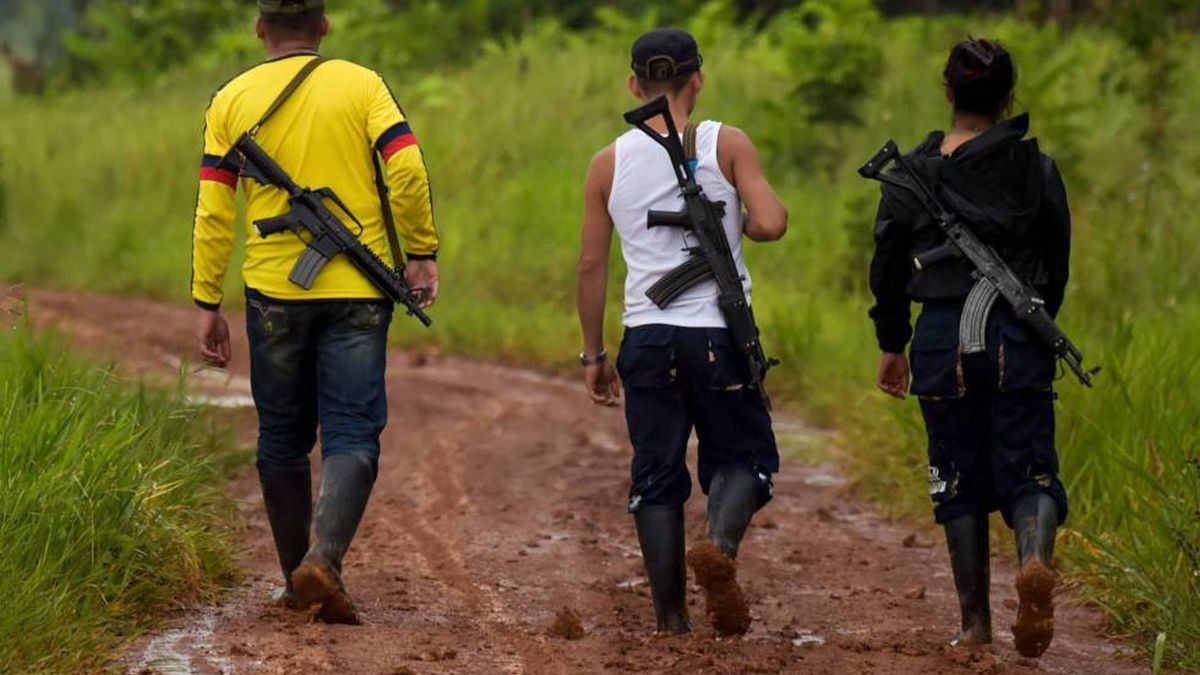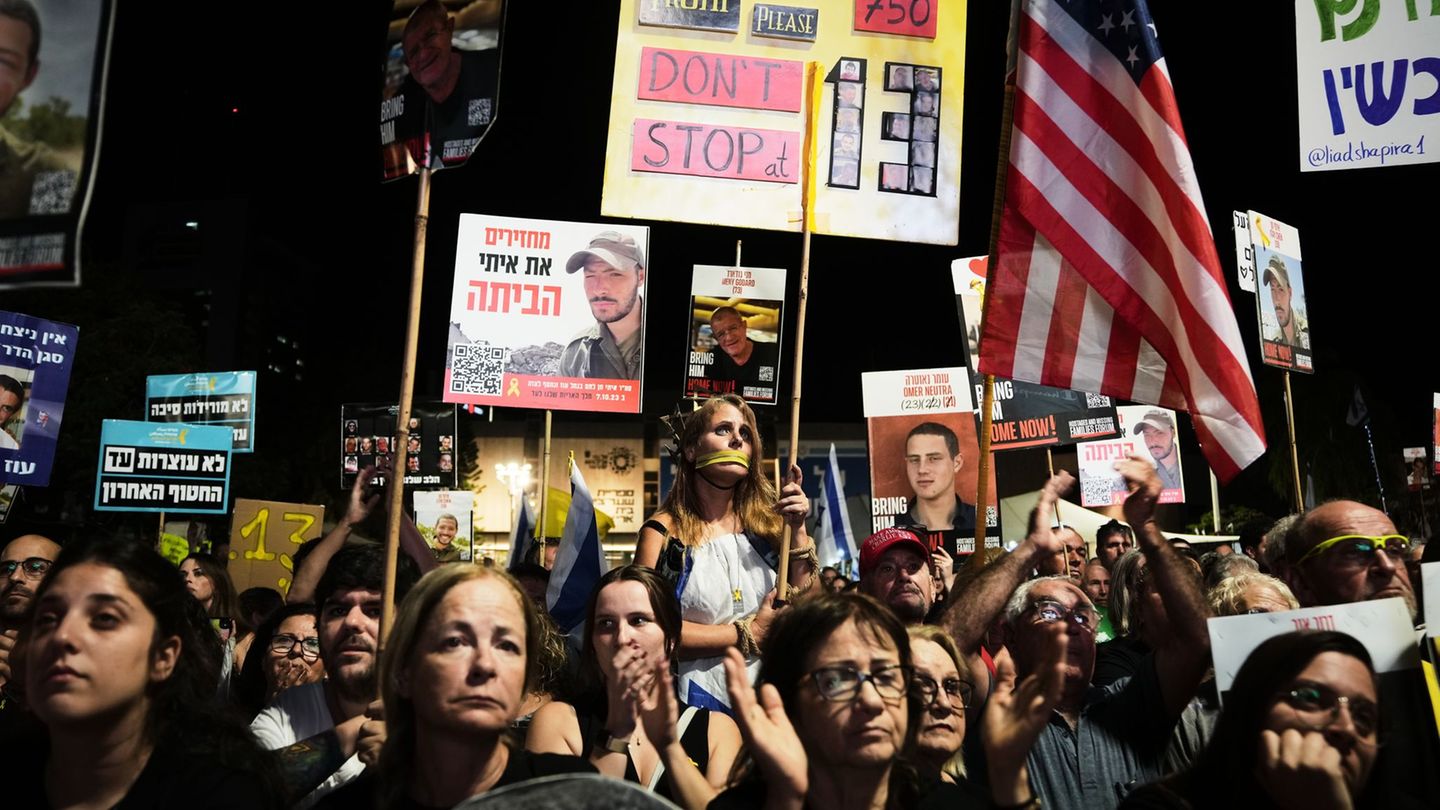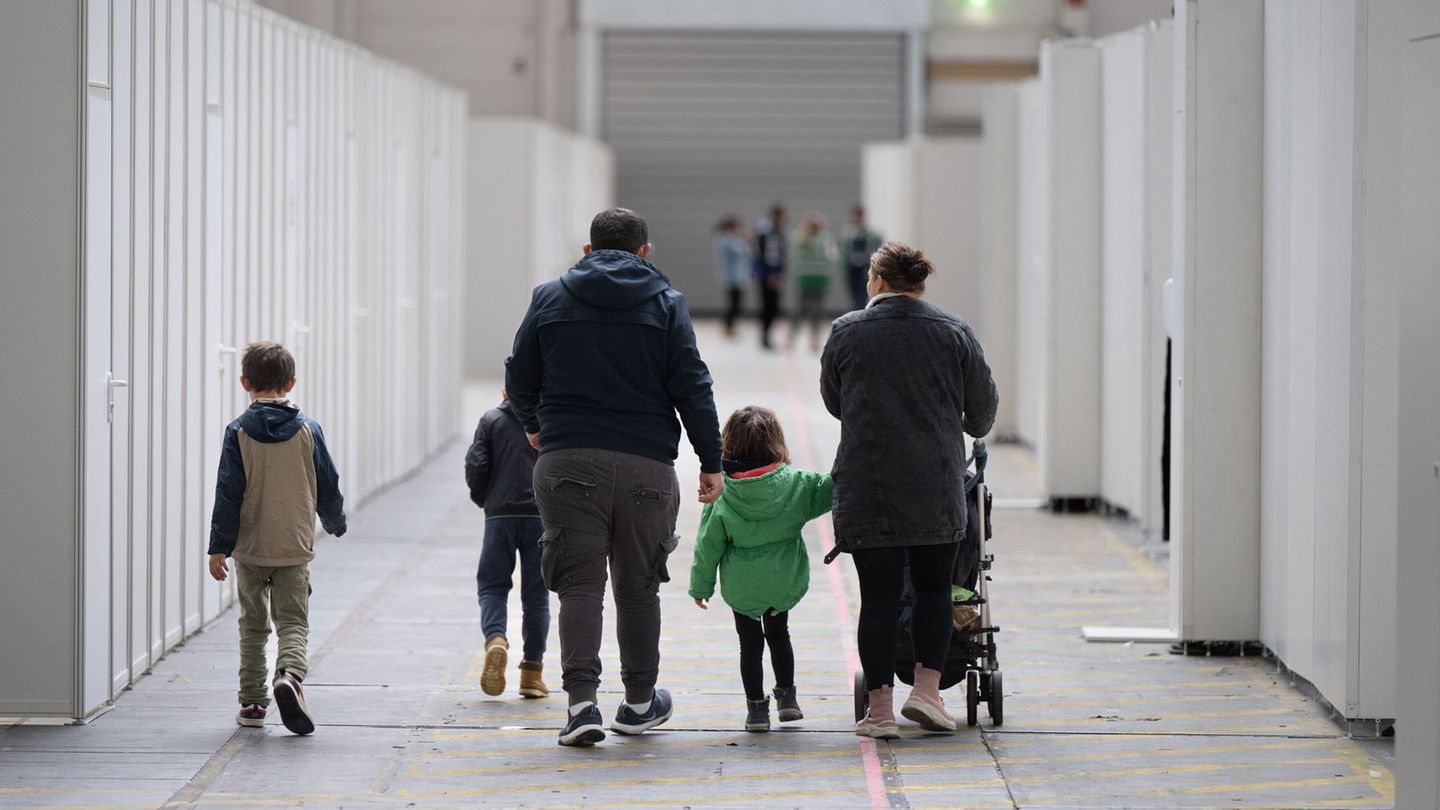Colombia its electoral calendar begins on March 13 with the legislative and partisan elections from which the candidates to succeed the conservative president will emerge Ivan Dukewho by law may not stand for re-election.
The first presidential round will be held on May 29 and if no candidate obtains more than 50% of the votes, there will be a ballot on June 19.
“Most of the illegal armed groups do not ignore electoral politics and choose to play an active role,” warned the MOE.
“They can use their power to favor interests, capture political and electoral institutions, constrain voters, threaten and attack the different candidates (…) obstruct the electoral process, restrict free mobility and intimidate the population to prevent them from voting. added the NGO.
According to the EOM, the most vulnerable departments are Antioquia (northwest), Cauca (southwest), Chocó (west), and Nariño (southwest).
The agency highlighted that mass displacements increased by 60% in 2021 compared to the previous year. It also registered “483 acts of violence against community leaders” in 2021, “of which 32.3% (156) correspond to lethal attacks.”
The report states that “249 municipalities in Colombia have a certain level of risk due to the presence of some illegal armed group” such as the dissidents of the FARC that they departed from the peace agreement signed in 2016; the THE N, the last recognized guerrilla in Colombia; the Clan of Gulfthe largest drug gang in the country, and other armed organizations.
This Thursday, the Ombudsman warned about “the risk situation in which the communities and candidates in the Northwest of the country find themselves due to the interference of illegal armed groups in the electoral contest.”
Although the peace agreement disarmed the most powerful guerrilla group on the continent and reduced political violence, the armed conflict in Colombia persists after six decades.
Guerrillas, paramilitaries and drug traffickers have historically influenced elections, especially in remote regions where there is little state presence.
Source: Ambito
David William is a talented author who has made a name for himself in the world of writing. He is a professional author who writes on a wide range of topics, from general interest to opinion news. David is currently working as a writer at 24 hours worlds where he brings his unique perspective and in-depth research to his articles, making them both informative and engaging.




